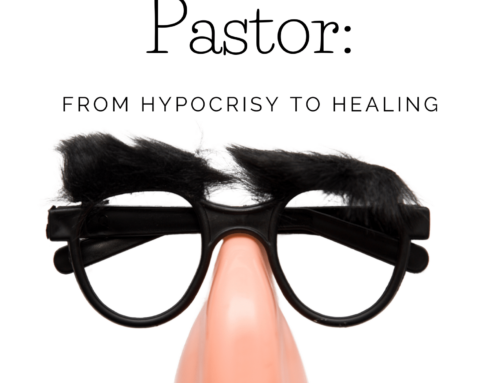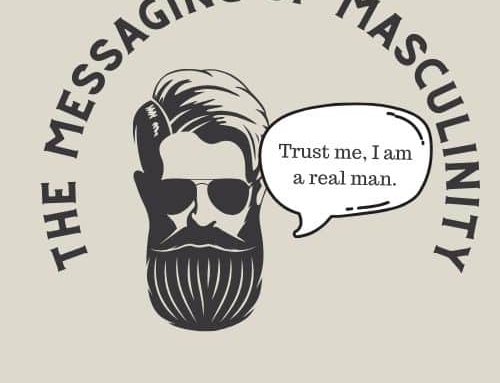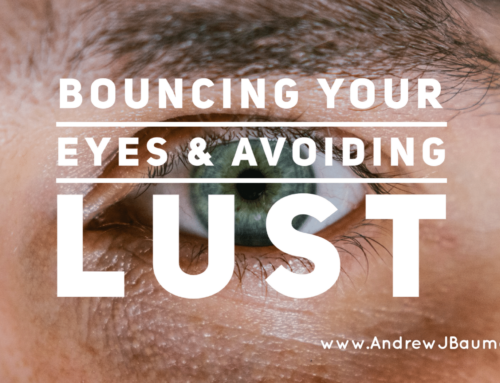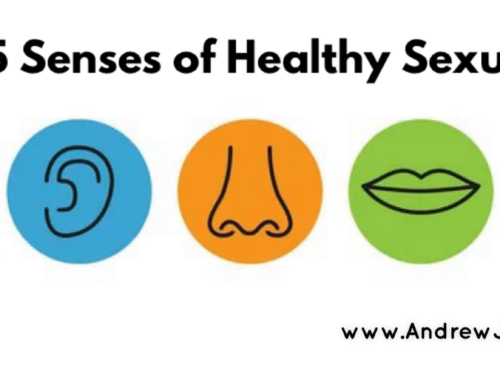When forgiveness is preached it feels so simple, so easy, yet there is nothing simply easy about it. Forgiveness well sort of sucks. I have heard this word so much growing up in church, it has become nauseating (probably why I avoided writing this for so long). Forgiveness is one of those religious words that Frederick Buechner writes, “become too familiar to hear any more”, or “becoming tired as people do”.
When I hear or read about forgiveness my eyes glaze over, my body swoons and I simultaneously feel a tinge of guilt, rage, and vomit. I don’t understand forgiveness, I know I should do it and frankly it pisses me off. How can something I have heard a thousand times still remain foreign? It’s a journey of faith I know I must continue to take. I am aware we cannot fully receive forgiveness if it remains a mystery within our own lives. As I have dipped my toes into the pool of forgiveness I remain frightened to fully submerge. It’s like I will lose part of me if I fully surrender to it. Frederick Buechner in his marvelous book “Wishful Thinking” defines forgiveness in this way,
“You have done something unspeakable, and by all rights, I should call it quits between us. Both my pride and my principles demand no less. However, although I make no guarantees that I will be able to forget what you’ve done, and though we may both carry the scars for life, I refuse to let it stand between us. I still want you for my friend. To accept forgiveness means to admit that you’ve done something unspeakable that needs to be forgiven, and thus both parties must swallow the same thing: their pride.”
What a difficult undertaking. To swallow pride sometimes is as problematic and painful as swallowing knives. I want to keep hold of my pride as sometimes it feels like the only thing keeping me alive.
What I do know of forgiveness is that it is a verb. It rises and crashes as the waves. A more authentic engagement of forgiveness enters my heart and departs just as quickly. Some days I feel like I can release my anger toward those who have harmed me, and other days I am just as livid and bruised as the day it happened. I think that is okay. What this view of forgiveness offers us, is that forgiveness is no longer passive. It’s alive and must move. Sure it’s messier, and more nuanced, but it has a heartbeat. We begin the act of forgiveness with each new day we feel our hands clasp onto old grudges.
I hear forgiveness often used as a weapon of shame rather than a tool for freedom. I hear it used to silence those come into my office looking for healing from their past sexual abuse, or from a violent marriage where the husband regularly sexually violates his wife while citing scriptures of submission and forgiveness, or the well-meaning pastor that says, “You need to forgive your father, husband, grandpa, sexual abuser, etc.… and move on with your life…”. I am sure you have heard these things too. Forgiveness, used to hush the victim rather than shatter chains and set the wounded free. We should forgive those who have abused us, but that is not to be the first or final response to our exploitation. Before we enter forgiveness we must enter the rage, and the fullness of the injustice. Fury at the unfairness, anger at the innocence lost, a fierceness that reminds you that you matter, that you are worth raging over.
After the wrath, the only appropriate response is grief. Yes, grief is the doorway towards forgiveness. As we grieve we simultaneously learn to surrender, I believe surrender is one of the closest terms to forgiveness that I know. Humility and surrender must become our very breath. If we take this grieving journey first, then true forgiveness is possible.
Whatever you do with forgiveness it is important to look more closely and reflect on your relationship with it. Cheap forgiveness does not hold the weight of a journeyed forgiveness. God calls us to the radical place of forgiveness through the example of his son, Jesus Christ. Jesus’s forgiveness of us cost him his very life, and for us, the call is no different. We must suffer and die in how we forgive, it will be painful, and it should be.
The beautiful part of our Christian faith is that we have a God who has already gone and suffered before us, may we too suffer into forgiveness.






